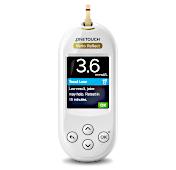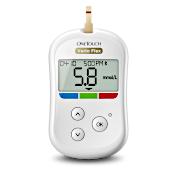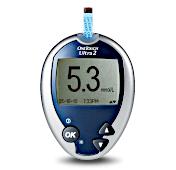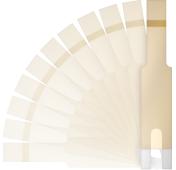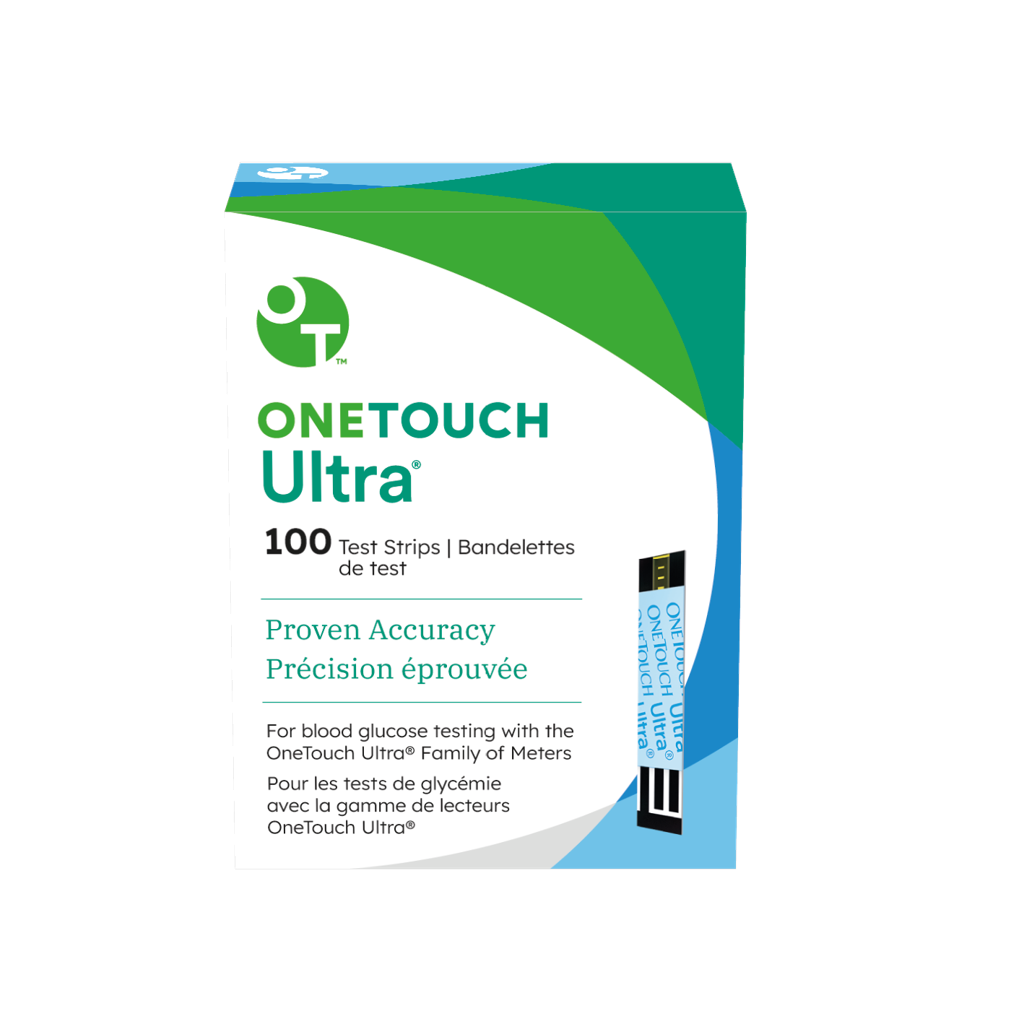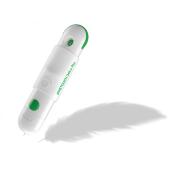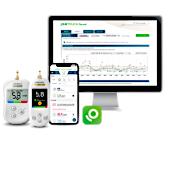Hypoglycemia Symptoms: The Telltale Signs and What to Do

Recognize The Signs of Hypoglycemia and Take Action.
Even when you do your best to manage your blood glucose, you might experience lows. These lows can be dangerous if you don’t act quickly. Hypoglycemia, or low blood sugar (blood glucose lower than 4.0 mmol/L)1 is a deficiency of glucose in your blood. The reference table below can help you quickly recognize the signs of hypoglycemia and know what to do. You may want to print it off and keep it handy as a reference. If your blood glucose levels are repeatedly low, speak with your healthcare team. Your diabetes management plan may need to be adjusted
Recognize and treat symptoms of hypoglycemia
| Signs to look out for | What to do | |
|---|---|---|
|
STEP 1: Treat it right away | |
|
Mild and moderate lows (blood glucose 3.0 to 4.0 mmol/L):
|
Severe lows: If your blood glucose is less than 3.0 mmol/L or you feel confused or disoriented with a blood glucose less than 4.0 mmol/l, somebody may need to help you. If you’re alert and able to swallow, they should give you 20g of fast-acting carbohydrate, like2:
|
|
| STEP 2: Wait 15 minutes and re-test. If glucose is still low, repeat treatment. | ||
|
After treating, wait 15 minutes and then test your blood glucose.
|
||
Be prepared in case you experience low blood sugar. Have fast-acting carbohydrates available in case of an emergency.
Because you may need help from those around you, it may be helpful to:
- Wear a MedicAlert® bracelet to notify people of your condition
- Alert those close to you (friends, family, coaches) on symptoms to watch out for and what to do
- Be sure to share this list and information with your friends and family so they are informed and can help
- Have snacks and glucose tabs handy at all times especially when you’re away from home
- Carry a glucagon emergency kit with you and let people close to you know where you keep it
References:
1 Diabetes Canada. (n.d.). Lows and highs of blood sugar. Retrieved March 9, 2021, from https://www.diabetes.ca/managing-my-diabetes/tools---resources/lows-and-highs-of-blood-sugar.
2 J. Yale, B. Paty et al. Diabetes Canada 2018 Clinical Practice Guidelines for the Prevention and Management of Diabetes in Canada: Hypoglycemia. Can J Diabetes 2018;42(Suppl 1):S104-S108.
Related articles
CA-OTB-2100017

